
Nizam Mogal
Enterprise Applications Architect

Nagma Mogal
App Development Team

React JS has become one of the most popular JavaScript libraries for building robust and scalable web applications. With its flexibility and reusable components, React JS has made it easier for developers to create highly interactive and dynamic interfaces. However, building a successful app with React JS requires more than just knowledge of the basics.
In this blog, we discuss some tips and tricks for developers to create powerful apps with React JS.
One of the most critical concepts in React JS is the component lifecycle. Understanding how components are mounted, updated, and unmounted can help you optimise your app’s performance and improve user experience. For example, knowing when to use componentDidMount or componentDidUpdate can help you fetch data more efficiently and avoid unnecessary re-rendering of components.
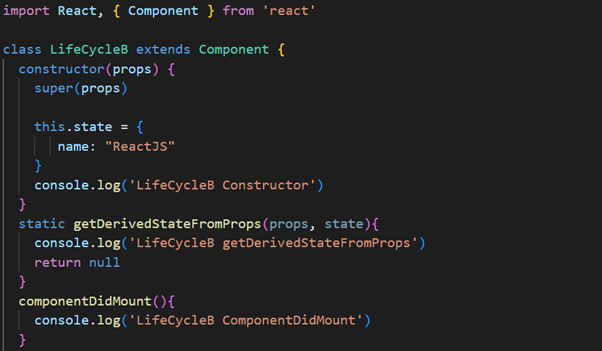
Managing the state in a React JS app can become complex as the app grows in size and complexity. Redux is a popular state management library that helps you manage the state of your app in a more predictable and maintainable way. By centralising the condition of your app, Redux can make it easier to debug and test your app and make it more scalable in the long run.

React Router is a library that can help you handle navigation in your React JS app. With React Router, you can easily create routes and handle transitions between different pages or views in your app. This routing mechanism helps you create a more seamless and intuitive user experience for your app’s users.
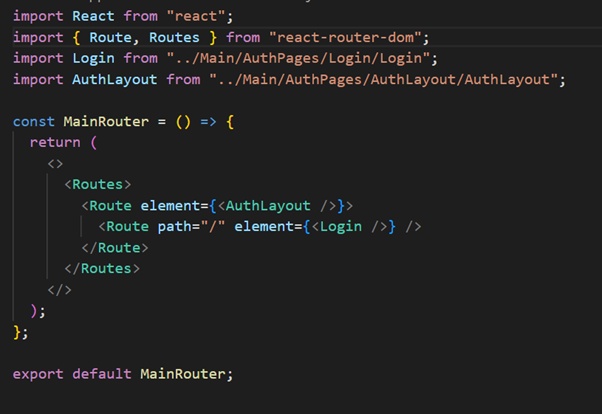
React JS can become slow and unresponsive if it is not optimised for performance. React.memo and useMemo are two hooks that can help you optimise your app’s performance by memoising components and expensive computations. By caching the results of expensive computations and re-rendering components only when necessary, you can significantly improve your app’s performance and user experience.
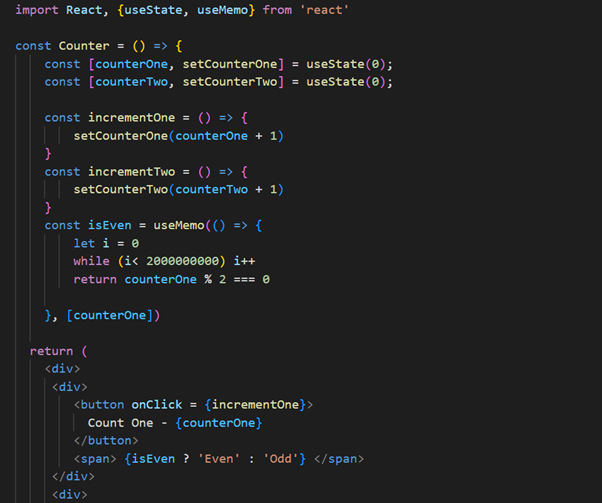
React JS is primarily used for web development, but React Native is a robust framework for building cross-platform mobile apps. React Native allows you to use the same codebase to build apps for both iOS and Android, making it easier and more cost-effective to develop and maintain mobile apps. With React Native, you can access native device features like the camera, GPS, and accelerometer, making creating more robust and interactive mobile apps easier.

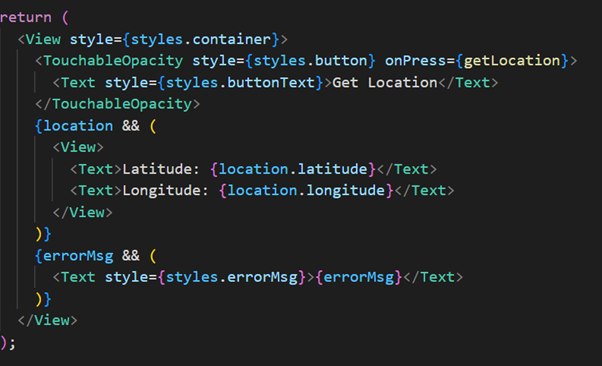
Testing is an essential part of building a high-quality and reliable app. React JS provides several tools for testing, including Jest and Enzyme. To ensure a well-performing and bug-free app, it is important to follow best practices for testing, such as writing unit tests for each component and using snapshot testing to ensure that the UI remains consistent.

As your React JS app grows in size and complexity, it can become challenging to manage and maintain. To make your code more manageable and easier to maintain, keeping it clean and modular is essential. You can achieve this by breaking your app into smaller, reusable components, using consistent naming conventions, and following the best code organisation and formatting practices.
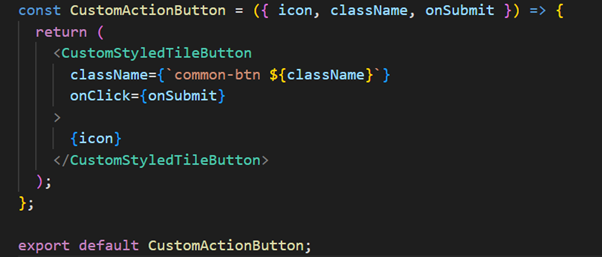

In conclusion, React JS is a powerful and flexible library for building dynamic and interactive web applications. By following best practices for component lifecycle management, state management, navigation, performance optimisation, testing, and code organisation, you can create robust and scalable apps that meet the needs of your users.

Nagma is an app development specialist, focusing on Oracle Visual Builder and React.js.
She has a track record of developing innovative and cost-efficient business applications for both small businesses and large enterprises.
Nagma’s expertise extends to other web technologies, including WordPress, Elementor, and WooCommerce. Her web development portfolio encompasses a wide range of projects, including e-commerce platforms, media websites, product portfolios, and blogs across various business sectors.

Nizam Mogal
Enterprise Applications Architect

Nizam Mogal
Enterprise Applications Architect
Allow us to contact you!
2 West Regent Street, Glasgow,
G2 1RW, Scotland, UK
Company Number: SC674943
VAT Number: 366293863
4-59, Big Mosque Street,
Rompicherla,
Chittoor, Andhra Pradesh, India
© 2024 iSmart Apps Limited | All Rights Reserved
© 2024 iSmart Apps Limited | All Rights Reserved